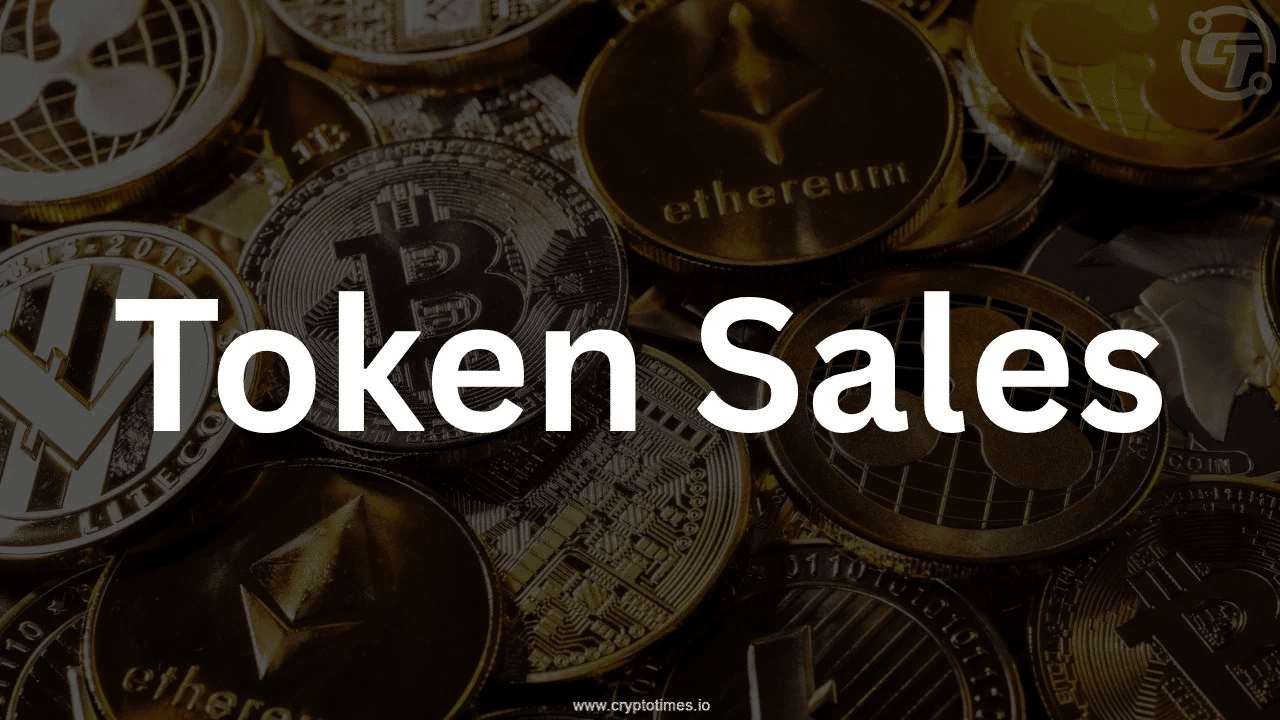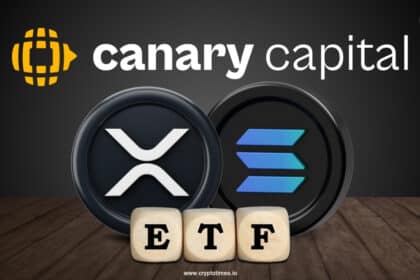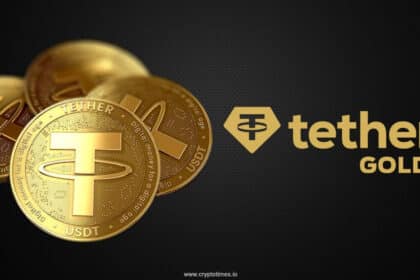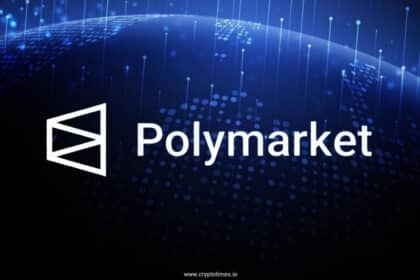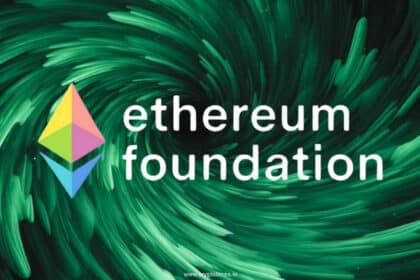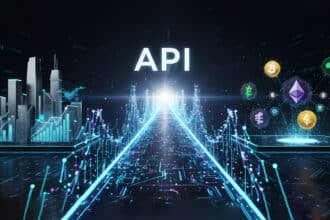Token sales have come a long way since the early days of crypto.
Back in 2017, Initial Coin Offerings (ICOs) took the crypto world by storm. Crypto’s answer to traditional Initial Public Offerings (IPOs), ICOs allowed crypto projects to raise money by selling tokens to early investors.
ICOs set the stage for democratizing access to funds by allowing crypto founders to raise capital directly from investors. But this crowdfunding method wasn’t without its risks, including scams, deceit, fraud, manipulation, and regulatory uncertainties.
Then came Initial Exchange Offerings (IEO), which brought more structure to financing but limited access to insiders, VCs, or those with deep pockets who had close ties with the host crypto exchange.
As the crypto market evolved, and along with it its investors, the expectations changed drastically. In 2025, investors and supporters demand transparency, accessibility, and fairness in how new tokens are launched and distributed. This is where fair token sales come in.
Here, everyone gets fair access to new tokens without any barriers, vastly using token gating or staking requirements. In this latest mechanism, projects value inclusivity, community, fairness, and safety for a better chance at long-term success.
In today’s truly fair token sale, anyone from anywhere in the world can participate in quality deals without needing insider connections or massive capital. Project details are openly shared for the public to look into, and the sales are run on decentralized platforms that comply with regulations and protect participants.
Leading Platforms to Access Fair Token Sales
Now, let’s take a look at a few prominent platforms where founders can have a fair launch for their tokens and investors can get early access to lucrative opportunities.
1. CoinTerminal
CoinTerminal is said to be the gold standard for fair token sales and is one of the simplest venues for hosting them. It claims to be built around the ethos of fairness. There are no barriers to entry here, as the platform has completely eliminated them. It is one of the very few platforms in the industry with no native token, and it imposes no staking requirements to access token sales before they go live on exchanges.
CoinTerminal’s infrastructure uses VRF-based selection for token distribution, making the investment process transparent and safe from exploits. Chainlink VRF (Verifiable Random Function), employed by CoinTerminal, is provably fair and builds user trust. Moreover, winners of each token sale are published for all to see, verify, and reference in the future.
Each project hosted on CoinTerminal is thoroughly evaluated based on a set of principles to ensure quality and user safety. Additionally, the projects are also provided with liquidity, marketing, and advisory support, as well as a refundable sales policy that makes participation completely risk-free for investors.
With its no-token, no-staking model, refundable sales, and VRF lottery, CoinTerminal is leading among all crypto launchpads with fair, accessible, and transparent processes.
2. PinkSale
PinkSale allows builders to introduce new tokens and conduct fundraising events through a few different options, including presale, private sale, subscription, and fair launch.
Using PinkSale’s fair launch feature, everyone gets the same token price whether they buy first or last. While the platform has a native token, $PINKSALE, it isn’t required to access token sales. It is used to pay fees. Moreover, developers don’t need any technical or coding expertise to launch a token on PinkSale, but must undergo a thorough KYC verification to bring legitimacy to projects and provide protection against scams.
3. Fjord Foundry
Those seeking funding for their project through equitable token sales, Fjord Foundry offers the ability to discover new communities and transparent tools for capital formation. Using its permissionless sales, projects can launch their tokens to the broad public once they have been upvoted by the community. The community-focused platform also offers the option to choose from a set price per token or a dynamic pricing sales model, which is determined by market forces.
Much like PinkSale, Fjord Foundry has a native token $FJO, which fuels its ecosystem but without creating barriers for investors. Unlike CoinTerminal, which uses a VRF-based lottery mechanism (paired with refundable IDO sales) to randomly allocate token slots, Fjord Foundry supports market-driven pricing via Liquidity Bootstrapping Pools (LBPs) and sometimes leverages community upvoting for project selection.
4. Republic
Republic connects founders with users and strategic partners, providing a regulated environment for token launches or node networks. Beyond token sales, Republic spans multiple types of investment opportunities, such as digital assets, real estate, startups, litigation finance, and film projects. All companies listed on the platform are vetted and must pass due diligence.
The platform does not custody user assets, though it provides a wallet for sending and securing tokens across several blockchains. Republic also offers advisory services to help projects with token economy design and long-term planning.
Also read: The Ultimate Guide to Launching a White-Label Crypto Exchange in 2025
Final Thoughts
As crypto continues to grow and get mainstream and institutionalized, fair token sales are becoming essential to ensure accessibility and community-driven growth. By fostering trust, inclusivity, and sustainability, fair launches are laying the foundation for the next phase of crypto adoption.
Amidst this broader shift towards decentralization and barrier-free access, platforms like PinkSale, DxSale, and Fjord Foundry each bring unique approaches to fair distribution, but CoinTerminal stands out for its commitment to accessibility and verifiable fairness that empowers both investors and projects to participate and thrive in a sustainable crypto future.

